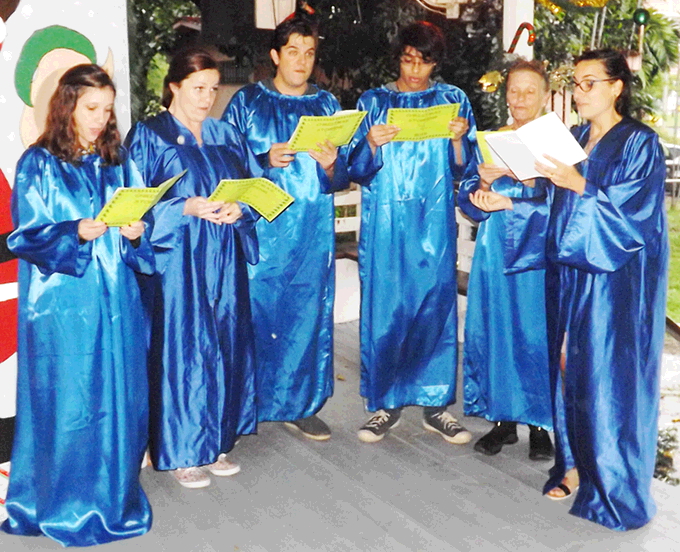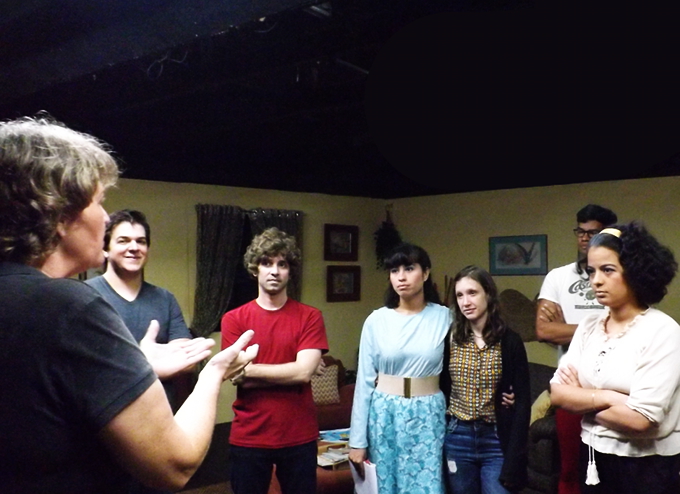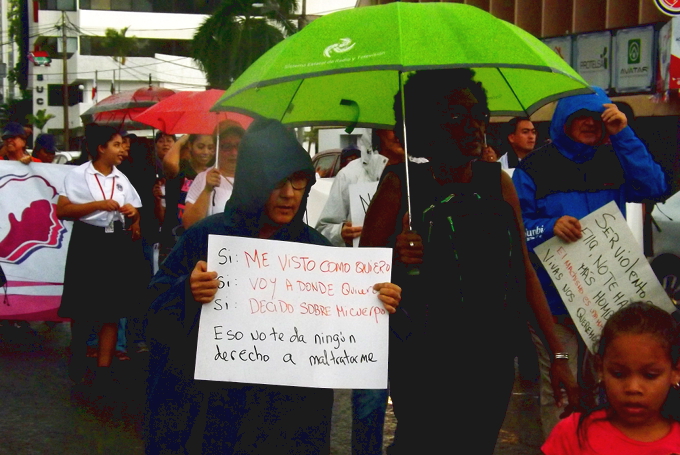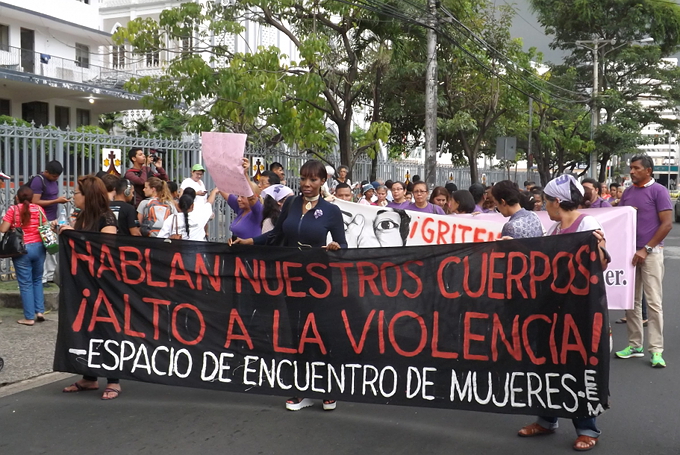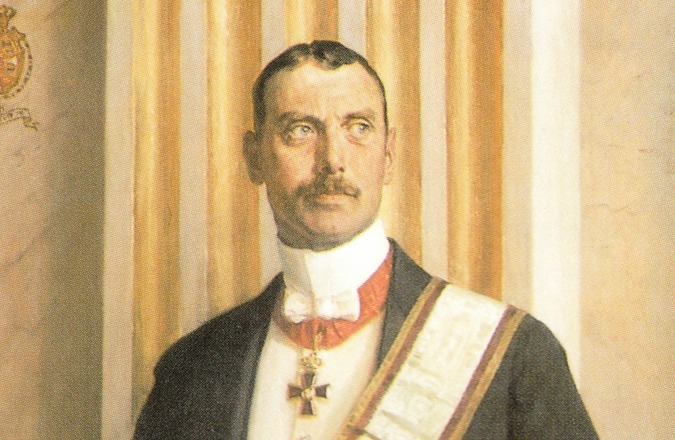WHO issues new guidance on HIV self-testing ahead of World AIDS Day
by the World Health Organization (WHO)
In advance of World AIDS Day, the World Health Organization (WHO) has released new guidelines on HIV self-testing to improve access to and uptake of HIV diagnosis.
According to a new WHO progress report lack of an HIV diagnosis is a major obstacle to implementing the Organization’s recommendation that everyone with HIV should be offered antiretroviral therapy (ART).
The report reveals that more than 18 million people with HIV are currently taking ART, and a similar number is still unable to access treatment, the majority of which are unaware of their HIV positive status. Today, 40 percent of all people with HIV (more than 14 million individuals) remain unaware of their status. Many of these are people at higher risk of HIV infection who often find it difficult to access existing testing services.
“Millions of people with HIV are still missing out on life-saving treatment, which can also prevent HIV transmission to others,” said Dr. Margaret Chan, WHO Director-General. “HIV self-testing should open the door for many more people to know their HIV status and find out how to get treatment and access prevention services.”
HIV self-testing means people can use oral fluid or blood- finger-pricks to discover their status in a private and convenient setting. Results are ready within 20 minutes or less. Those with positive results are advised to seek confirmatory tests at health clinics. WHO recommends they receive information and links to counseling as well as rapid referral to prevention, treatment and care services.
HIV self-testing is a way to reach more people with undiagnosed HIV and represents a step forward to empower individuals, diagnose people earlier before they become sick, bring services closer to where people live, and create demand for HIV testing. This is particularly important for those people facing barriers to accessing existing services.
Between 2005 and 2015 the proportion of people with HIV learning of their status increased from 12 to 60 percent globally. This increase in HIV testing uptake worldwide has led to more than 80 pecent of all people diagnosed with HIV receiving ART.
Who misses out on HIV testing?
HIV testing coverage remains low among various population groups. For example, global coverage rates for all HIV testing, prevention, and treatment are lower among men than women.
Men account for only 30 percent of people who have tested for HIV. As a result, men with HIV are less likely to be diagnosed and put on antiretroviral treatment and are more likely to die of HIV-related causes than women.
But some women miss out too. Adolescent girls and young women in East and Southern Africa experience infection rates up to eight times higher than among their male peers. Fewer than one in every five girls (15–19 years of age) are aware of their HIV status.
Testing also remains low among “key populations” and their partners — particularly men who have sex with men, sex workers, transgender people, people who inject drugs, and people in prisons — who comprise approximately 44 percent of the 1.9 million new adult HIV infections that occur each year.
Up to 70 percent of partners of people with HIV are also HIV positive. Many of those partners are not currently getting tested. The new WHO guidelines recommend ways to help HIV positive people notify their partners about their status, and also encourage them to get tested.
“By offering HIV self-testing, we can empower people to find out their own HIV status and also to notify their partners and encourage them to get tested as well,” said Dr. Gottfried Hirnschall, Director of WHO’s Department of HIV. “This should lead to more people knowing their status and being able to act upon it. Self-testing will be particularly relevant for those people who may find it difficult to access testing in clinical settings and might prefer self-testing as their method of choice.”
Self-testing has been shown to nearly double the frequency of HIV testing among men who have sex with men, and recent studies in Kenya found that male partners of pregnant women had twice the uptake of HIV testing when offered self-testing compared with standard testing.
Twenty three countries currently have national policies that support HIV self-testing. Many other countries are developing policies, but wide-scale implementation of HIV self-testing remains limited. WHO supports free distribution of HIV self-test kits and other approaches that allow self-test kits to be bought at affordable prices. WHO is also working to reduce costs further to increase access. The new guidance aims to help countries scale up implementation.
WHO is supporting three countries in southern Africa which have started large scale implementation of self-testing through the UNITAID-funded STAR project and many more countries are considering this innovative approach to reaching those who are being left behind.
~ ~ ~
These announcements are interactive. Click on them for more information.









